The summer before her high school senior year, Katelyn Jackson attended the Rural Medical and Science Scholars program at Mississippi State University with fellow peers who had their sights set on a future in medicine.
“I remember them telling us, ‘Look around, you may be in medical school with some of these people,’ and it really was true!”
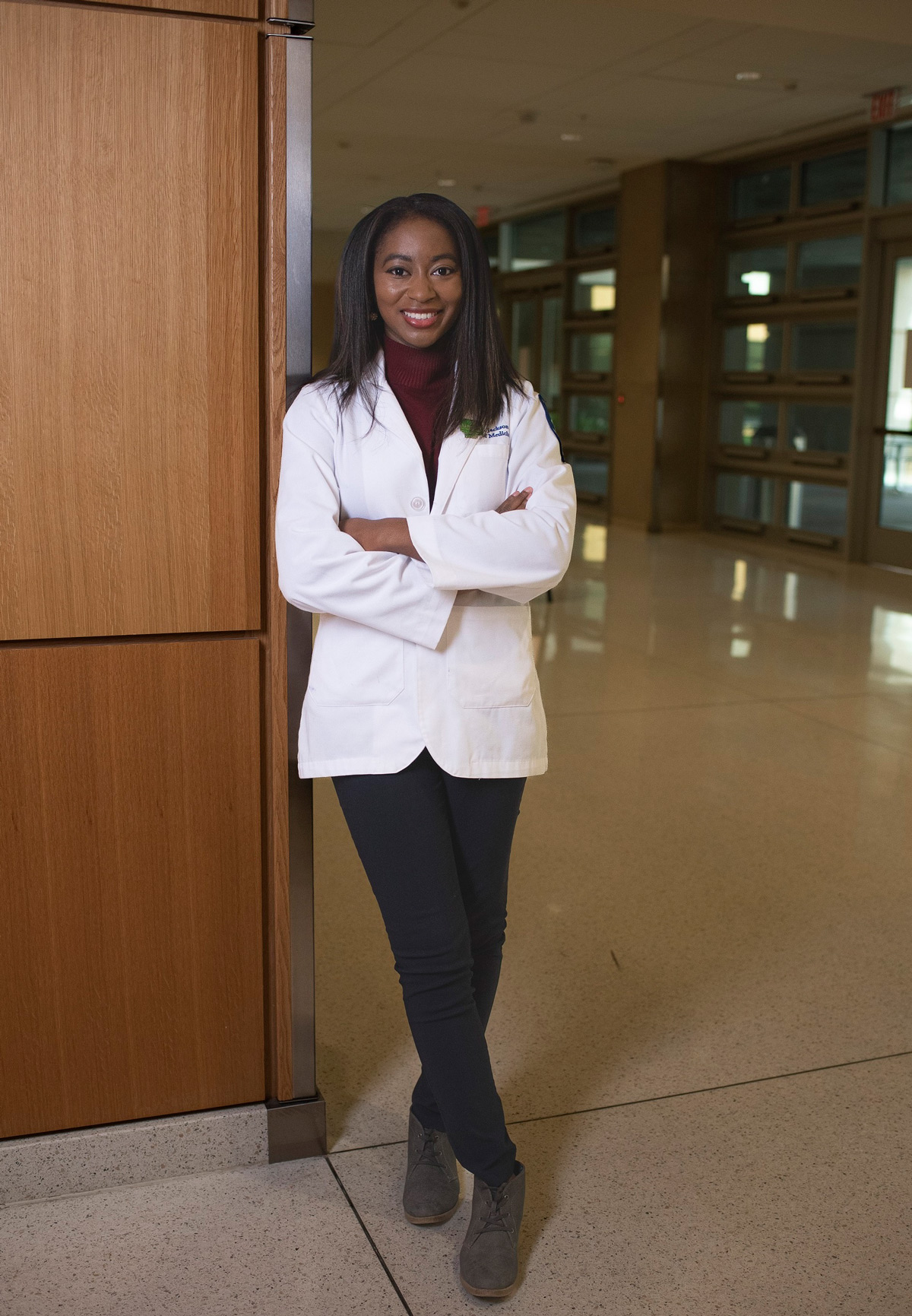
Now a third-year medical student at the University of Mississippi Medical Center (UMMC), Jackson will soon begin applying for residency programs.
Founded 25 years ago, the RMSS program through Mississippi State University’s Extension Service has provided exposure to rural medicine for hundreds of rising high school seniors. The summer program allows students to get a jump start on earning college credits and explore a career in health or science through engaging with medical professionals.
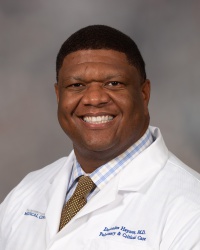
“This is an important program that introduces students to the benefits of practicing in rural areas and the fact that Mississippi ranks low each year for the number of physicians per capita,” said Dr. Demondes Haynes, Associate Dean for Admissions and Professor at the UMMC School of Medicine. “We need physicians of all types in Mississippi but especially primary care and especially in rural areas. This program is a great beginning for these students to understand these issues and the benefits of practicing rural medicine.”
“Little did I know when I was accepted into the program that I would gain so much more than exposure to the medical field,” said Emily Davis, a 2016 graduate of the program and second-year medical student at UMMC. “RMSS helped me identify my passion for rural health and taught my peers and me that we are the key to changing the negative health statistics that plague our state.”
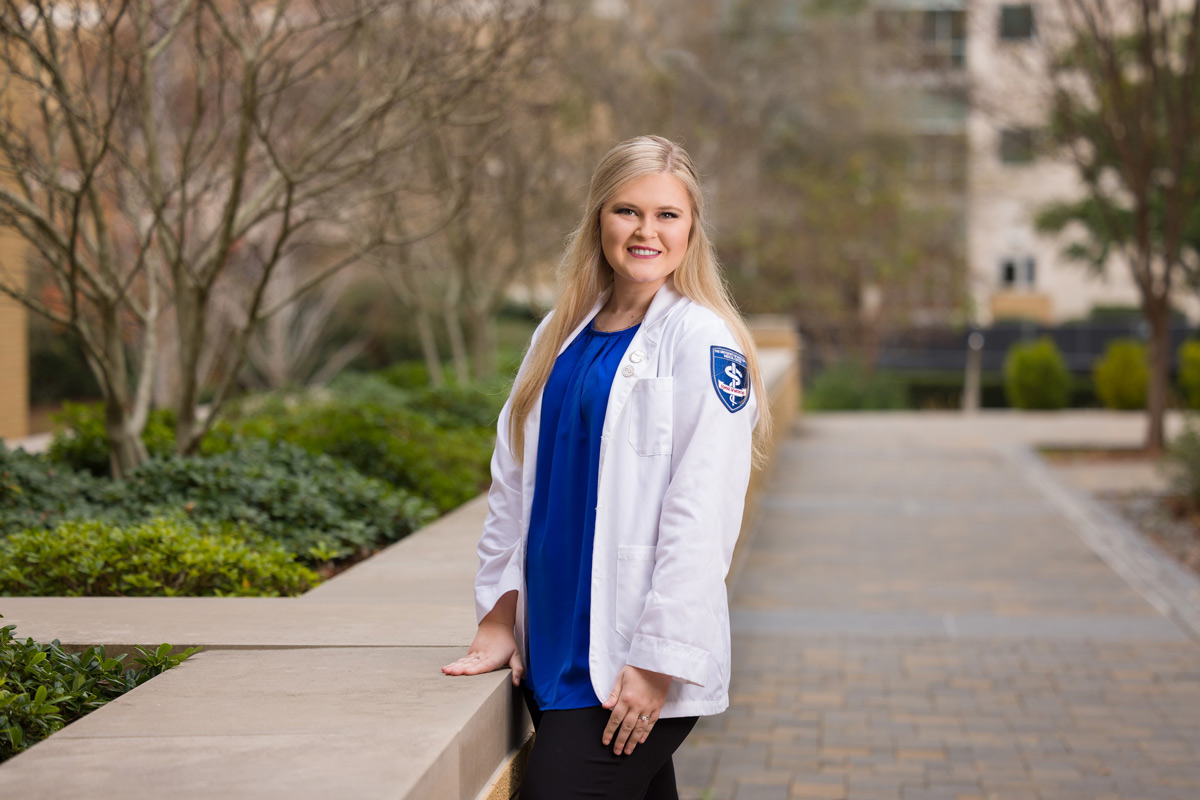
It’s no secret that Mississippi ranks as one of the unhealthiest states in the U.S., and more recently, the risk of closure for several of the state’s 74 rural hospitals has made headlines.
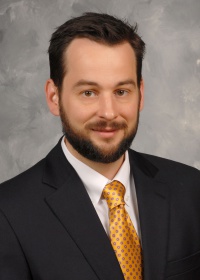
State Health Specialist for MSU Extension Dr. David Buys said, “Healthcare facilities are the lifeblood of communities. When one closes, it has a ripple effect far beyond the people it serves. Most of our food supply comes from rural areas, and when farmers and their families lack access to care, it has the potential to affect supply chains.”
Davis, who is now a second-year medical student at UMMC, plans to return to her roots in North Mississippi after residency to serve her community as a primary care physician.
“The Rural Medical and Science Scholars program teaches students how they can use their unique skillsets and passions to transform Mississippi’s health care system and the importance of working together as agents of change,” said Davis.
To date, 58 graduates of the program have attended medical school, while others have pursued health-related careers, such as nursing, pharmacy, dentistry, and physical or occupational therapy. An estimated 70% of scholars now work in STEM-related careers, including mathematics, technology innovation, and mechanical, biological, or chemical engineering.
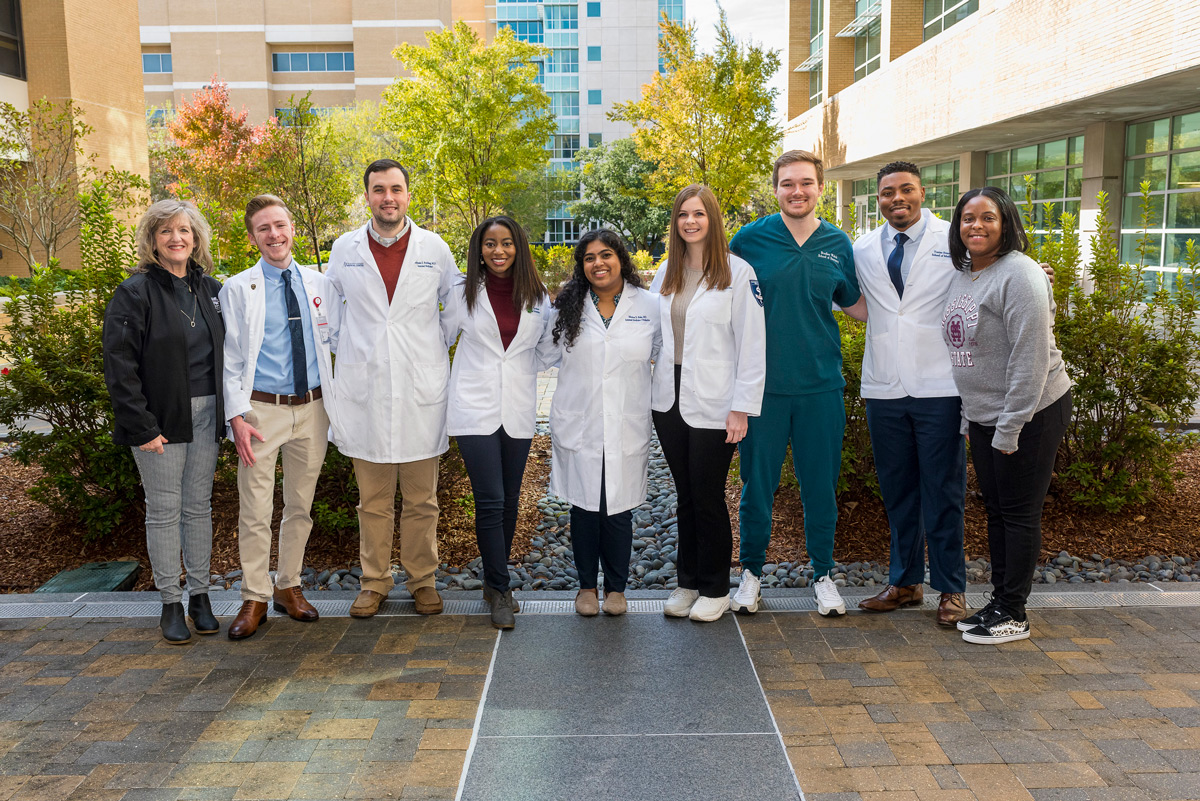
Jackson said the connections she made through RMSS opened doors for her, such as learning about the Mississippi Rural Physicians Scholarship Program, which was authorized by the state legislature in 2007 to help address the challenge of Mississippi’s health care crisis. As a recipient of the scholarship, Jackson will return to a rural area in the state after residency where she plans to specialize in pediatrics.
“The Rural Medical and Science Scholars program showed me not just what it means to be a doctor, but to be a doctor in a rural community and how you’re able to establish such a unique and personal connection to that community and your patients,” said Jackson.
The 2023 program is scheduled for June 10 - June 29. Click for more information or to apply by April 1.
